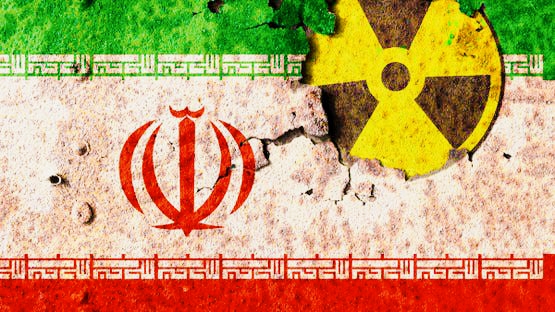A new round of nuclear talks between Iran and the European Troika (France, Germany, and Britain) begins today, Tuesday, in the Swiss city of Geneva, at the level of deputy foreign ministers, in a final attempt to save the stalled nuclear agreement.
This round comes after escalating tensions between the two sides, as European countries have repeatedly threatened to activate the "snapback mechanism" that allows for the re-imposition of UN sanctions on Iran if Tehran does not resume negotiations seriously.
In contrast, Iran rejects these threats and insists on its inalienable right to enrich uranium.
Before the talks began, the political arena witnessed an exchange of fiery statements. The spokesperson for the Iranian Foreign Ministry, Ismail Baqaei, stated that "the Europeans' threat to activate the snapback mechanism will not be helpful," warning that "all scenarios are on the table," and noting that "the circumstances will change completely if the Europeans cling to this wrong decision," as he described it.
Baqaei added that Europe's role in the Iranian nuclear file is no longer constructive as it once was, but has turned into a "destructive" role, in his words, strongly criticizing the position of the European Troika.
In contrast, a senior French diplomatic source participating in the Geneva negotiations described this round as "Iran's last chance negotiations," emphasizing that activating the snapback mechanism and re-imposing sanctions no longer requires the consensus of the permanent members of the Security Council, which opens the door for unilateral steps by the Europeans.
The French diplomat added: "The window available to Iran is closing rapidly, and nothing now prevents the re-imposition of all sanctions that had been lifted more than ten years ago."
These negotiations come at a sensitive time in the region, as the international community awaits the results of this round, which could determine the future of the Iranian nuclear program and the fate of the agreement signed in 2015, which then faltered after Washington's withdrawal in 2018.
Observers believe that the chances of reaching an understanding seem slim amid mutual escalation, increasing the likelihood of the return of international sanctions and the accompanying political and security tension in the region.

